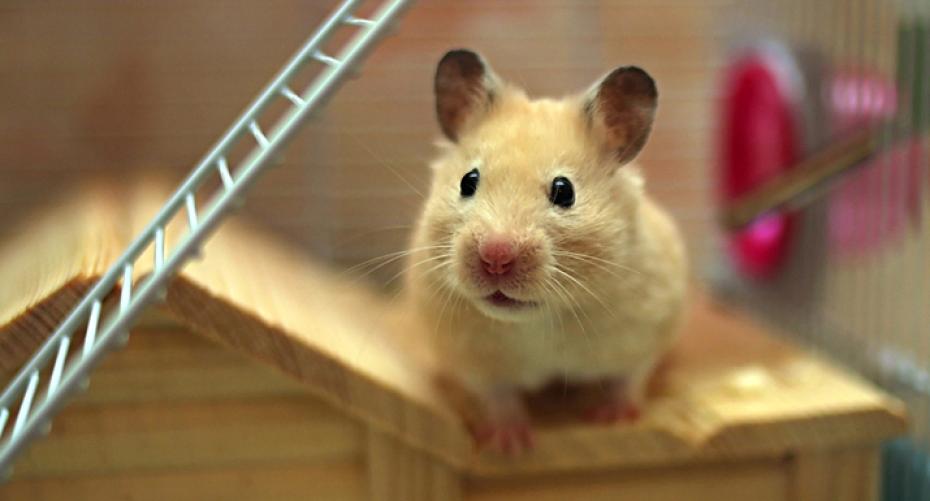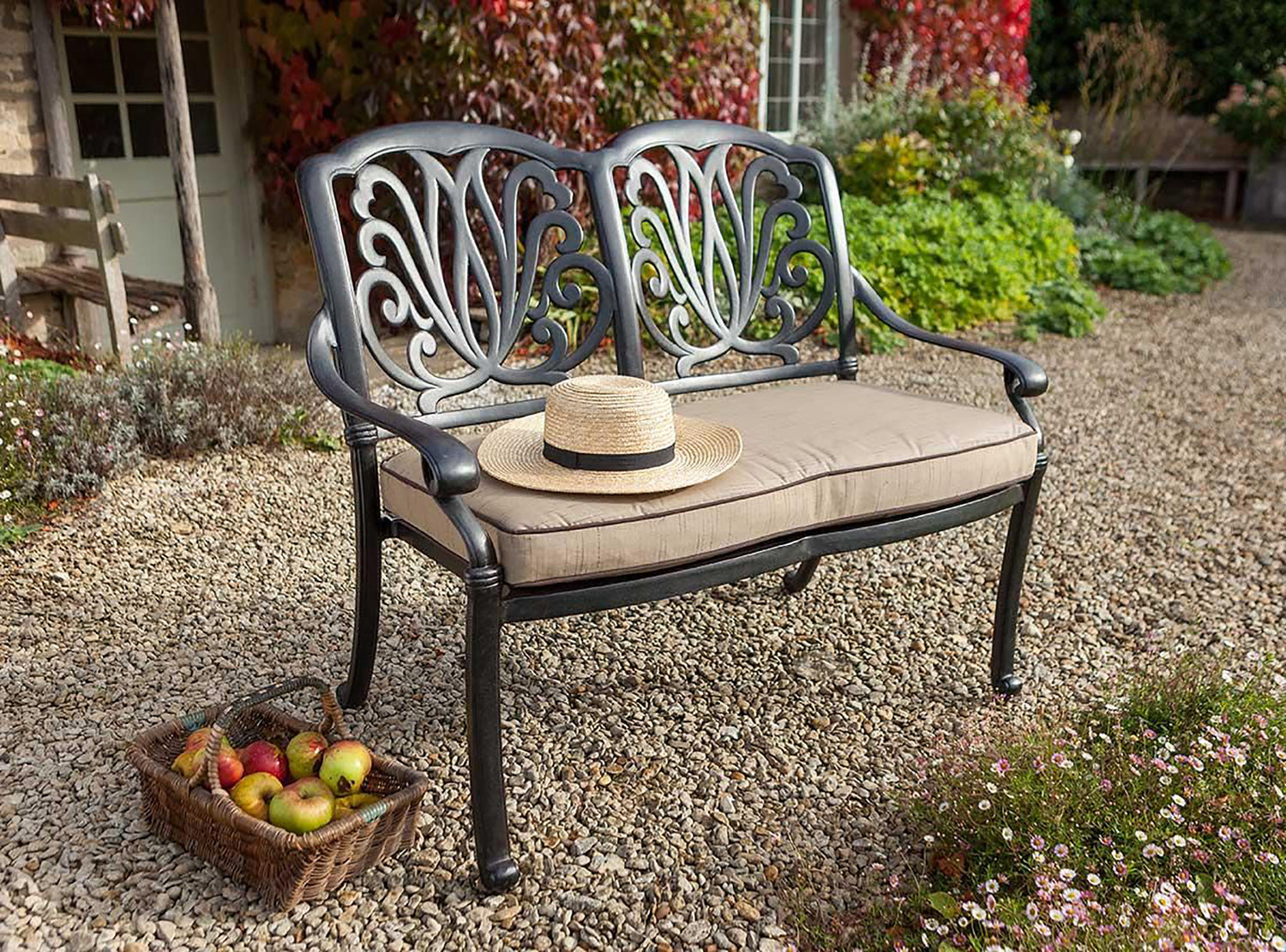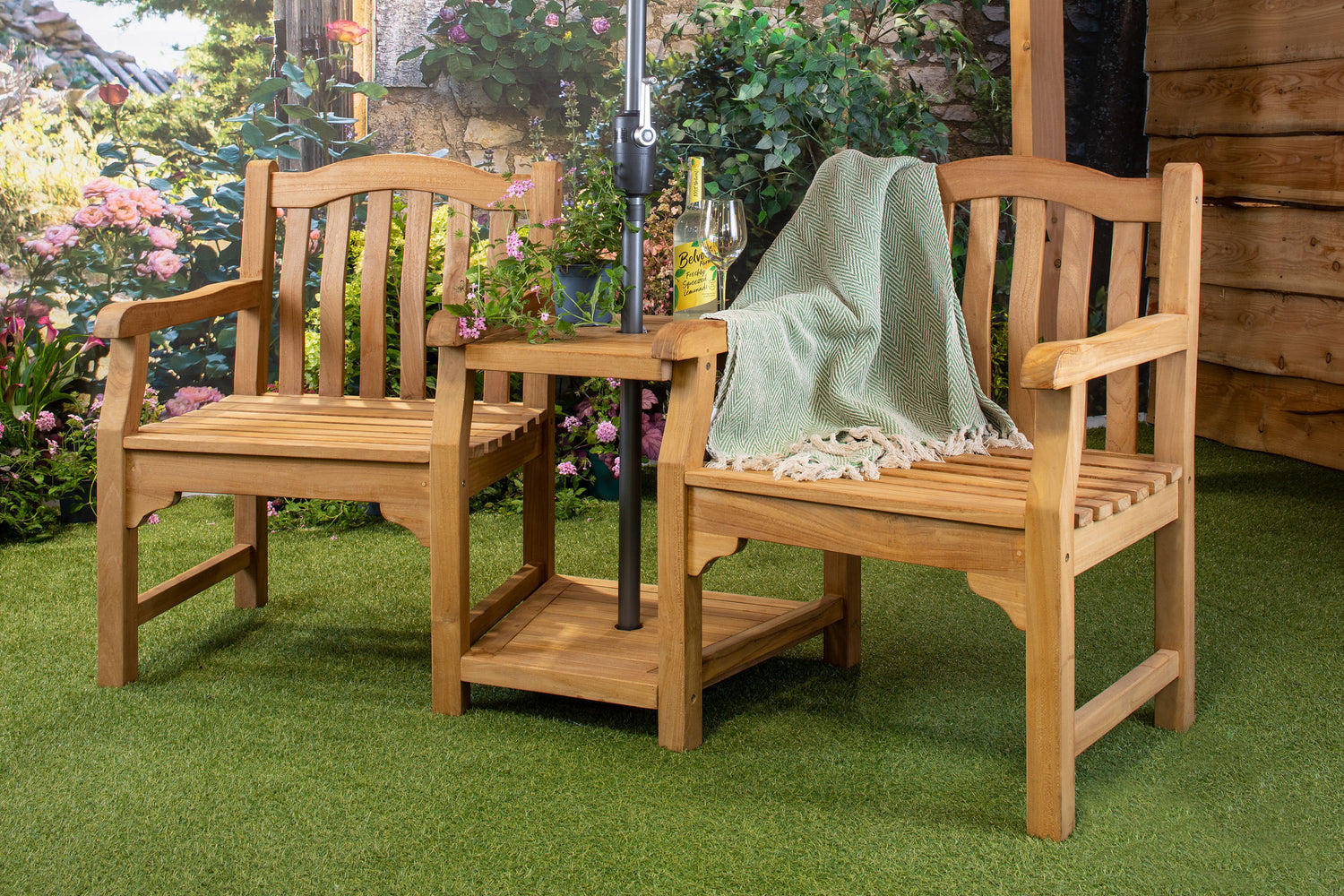Who can resist the charms of a small fluffy hamster sitting in a cage, stuffing its cheeks with food until they are fit to burst? Hamsters make ideal pets for young & old, they are asleep during the day when you are out & awake at night when you come in. They aren’t smelly, take up little room & come in a variety of colours & sizes. Apart from the initial outlay for the cage & equipment, hamsters are relatively cheap to keep & easy to care for. As with every pet there is a commitment to care for it during its life & treat it if it becomes ill but the best way to have a fit & healthy hamster is to keep it happy!
Happy hamsters need a happy home. The Syrian or Golden Hamster is the largest & most commonly available breed, a solitary creature that prefers to be kept on its own. Russian & Chinese hamsters do prefer some company but keep them in same sex pairs or small groups to avoid fighting & do not mix species. There are various options available to house your hamster from cages with plastic bases, aquaria with a mesh lid for ventilation or multi storey stacking systems connected by tubes which the hamster can run through. The bigger the space your hamster has to run around, the happier it will be.
 Whichever type of cage you choose it needs to be placed out of direct sunlight and away from draughts & direct heat. Good quality sawdust or shavings are recommended for the bottom of the cage & as most rodents prefer to feel secure whilst sleeping, a small wooden box filled with clean hay & placed in one corner would be ideal for a bed. The other necessities are a food bowl, which should be stainless steel or ceramic so it does not get tipped over, & a 'sipper bottle' attached to the side of the cage to provide constant fresh water. The cage should be cleaned out at least once a week & fresh food, water & bedding provided. Hamsters are omnivores and so will eat vegetables and meat, their natural foods including grains, seeds, vegetables, and insects. A good quality hamster mix will provide a balanced diet but this can be supplemented occasionally with small pieces of fresh fruit or vegetables such as cucumber & carrots. Hamsters are rodents so they need to chew to wear their incisors down so provide them with something to gnaw on like hamster chews or even dog biscuits.
Whichever type of cage you choose it needs to be placed out of direct sunlight and away from draughts & direct heat. Good quality sawdust or shavings are recommended for the bottom of the cage & as most rodents prefer to feel secure whilst sleeping, a small wooden box filled with clean hay & placed in one corner would be ideal for a bed. The other necessities are a food bowl, which should be stainless steel or ceramic so it does not get tipped over, & a 'sipper bottle' attached to the side of the cage to provide constant fresh water. The cage should be cleaned out at least once a week & fresh food, water & bedding provided. Hamsters are omnivores and so will eat vegetables and meat, their natural foods including grains, seeds, vegetables, and insects. A good quality hamster mix will provide a balanced diet but this can be supplemented occasionally with small pieces of fresh fruit or vegetables such as cucumber & carrots. Hamsters are rodents so they need to chew to wear their incisors down so provide them with something to gnaw on like hamster chews or even dog biscuits.
Hamsters need plenty of exercise; they will travel for miles every night in the wild, in search of food. Hamster balls are a great way of letting your hamster out of the cage whilst giving it plenty of exercise, but remember that they can get exhausted if left in for too long. They must also be supervised at all times to ensure they don’t roll down stairs & are not kicked or stood on by accident. Whilst your hamster is in the cage it will also need some exercise so provide a wheel (solid wheels are safest), cardboard tubes to chew & run through & a wooden ledge to climb on.
 To have a happy hamster it needs to be treated right! Get your hamster used to being handled regularly then it will not be afraid of you & there will be less chance of getting bitten. Hamsters are short sighted so they can be a bit nervous & don’t like sudden movements close by but they do show recognition & will eagerly approach treats when they have got used to you. Hamsters are nocturnal, they may get up during the day for some food, water or a ‘bathroom break’ but they will not thank you for disturbing them. Wait until your hamster has woken up & got out of its bed then try holding your hand in the cage to begin with so that it can get used to your scent, if it is nervous try offering some treats. The best way to pick your hamster up is to cup your hands underneath it & scoop it up covering its back with one hand to stop it jumping off & injuring itself. Then sit down & let your hamster move from hand to hand over your lap so that it gets used to being handled. If it is a long haired hamster you can combine grooming with daily handling. If your hamster is not yet tame, it would be easier & less stressful to pick it up by placing a cup on its side in the cage & herding it gently into it. Be especially gentle when handling him so that it does not remember it as a bad experience for next time.
To have a happy hamster it needs to be treated right! Get your hamster used to being handled regularly then it will not be afraid of you & there will be less chance of getting bitten. Hamsters are short sighted so they can be a bit nervous & don’t like sudden movements close by but they do show recognition & will eagerly approach treats when they have got used to you. Hamsters are nocturnal, they may get up during the day for some food, water or a ‘bathroom break’ but they will not thank you for disturbing them. Wait until your hamster has woken up & got out of its bed then try holding your hand in the cage to begin with so that it can get used to your scent, if it is nervous try offering some treats. The best way to pick your hamster up is to cup your hands underneath it & scoop it up covering its back with one hand to stop it jumping off & injuring itself. Then sit down & let your hamster move from hand to hand over your lap so that it gets used to being handled. If it is a long haired hamster you can combine grooming with daily handling. If your hamster is not yet tame, it would be easier & less stressful to pick it up by placing a cup on its side in the cage & herding it gently into it. Be especially gentle when handling him so that it does not remember it as a bad experience for next time.
As your hamster becomes friendlier he will probably be out & about a lot more so make sure you have hamster proofed the room. Ensure he cannot escape into the rest of the house & that any space he can get into you can get him out of. Keep everything out of reach that you don’t want chewed including plants which may be poisonous. So if you follow these recommendations, not only will your hamster be happy but you will be too!
Please note that we no longer sell animals or fish in store.




![Kingsbury-bench-05[1].jpg](http://www.hayesgardenworld.co.uk/cdn/shop/files/Kingsbury-bench-05_5B1_5D.jpg?v=1712162737&width=1500)
![Kingsbury-bench-01[1].jpg](http://www.hayesgardenworld.co.uk/cdn/shop/files/Kingsbury-bench-01_5B1_5D.jpg?v=1712161065&width=1500)
![tw17a-4947_0[1].jpg](http://www.hayesgardenworld.co.uk/cdn/shop/files/tw17a-4947_0_5B1_5D.jpg?v=1712161495&width=1500)
![tw17a-4947_tenbury_5ft[1].jpg](http://www.hayesgardenworld.co.uk/cdn/shop/files/tw17a-4947_tenbury_5ft_5B1_5D.jpg?v=1712161172&width=1500)
![tw17a-4952_tenbury_4ft[1].jpg](http://www.hayesgardenworld.co.uk/cdn/shop/files/tw17a-4952_tenbury_4ft_5B1_5D.jpg?v=1712161034&width=1500)
![thumbnail_IMG_1565-kik_2[1].jpg](http://www.hayesgardenworld.co.uk/cdn/shop/files/thumbnail_IMG_1565-kik_2_5B1_5D.jpg?v=1712226536&width=1500)
![thumbnail_IMG_1565-kik_1[3].jpg](http://www.hayesgardenworld.co.uk/cdn/shop/files/thumbnail_IMG_1565-kik_1_5B3_5D.jpg?v=1712159637&width=1500)



![WD-XgESA[1].jpeg](http://www.hayesgardenworld.co.uk/cdn/shop/files/WD-XgESA_5B1_5D.jpg?v=1712159609&width=1500)